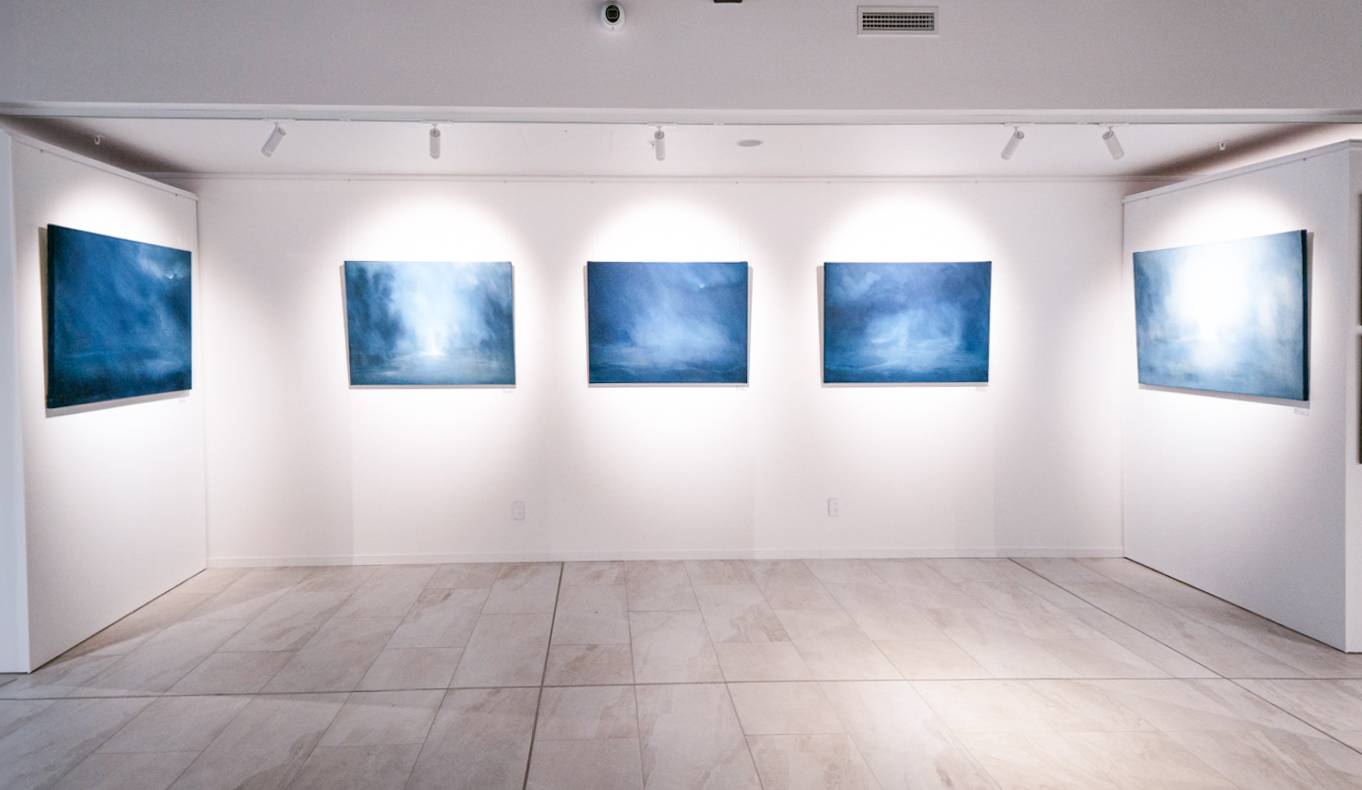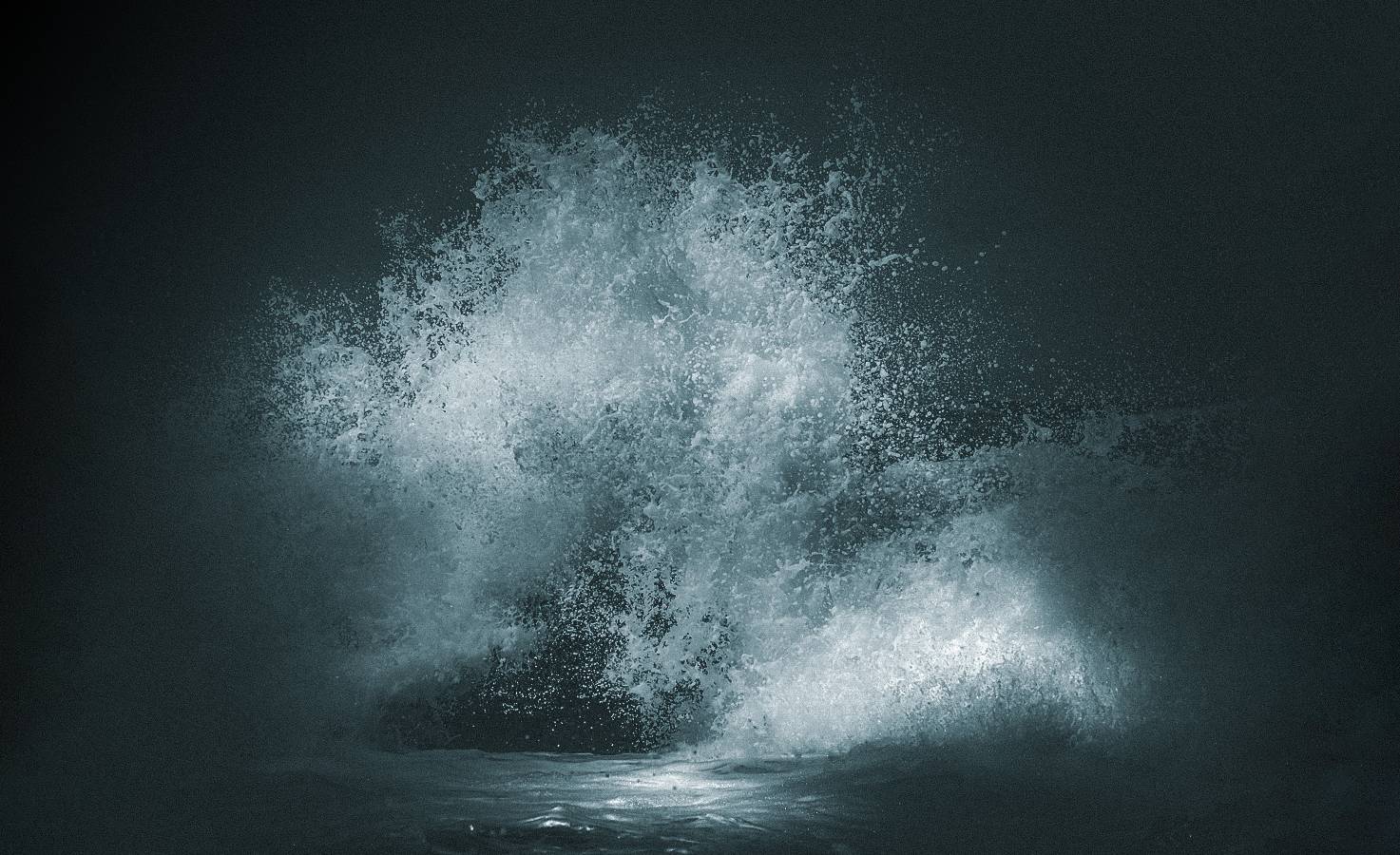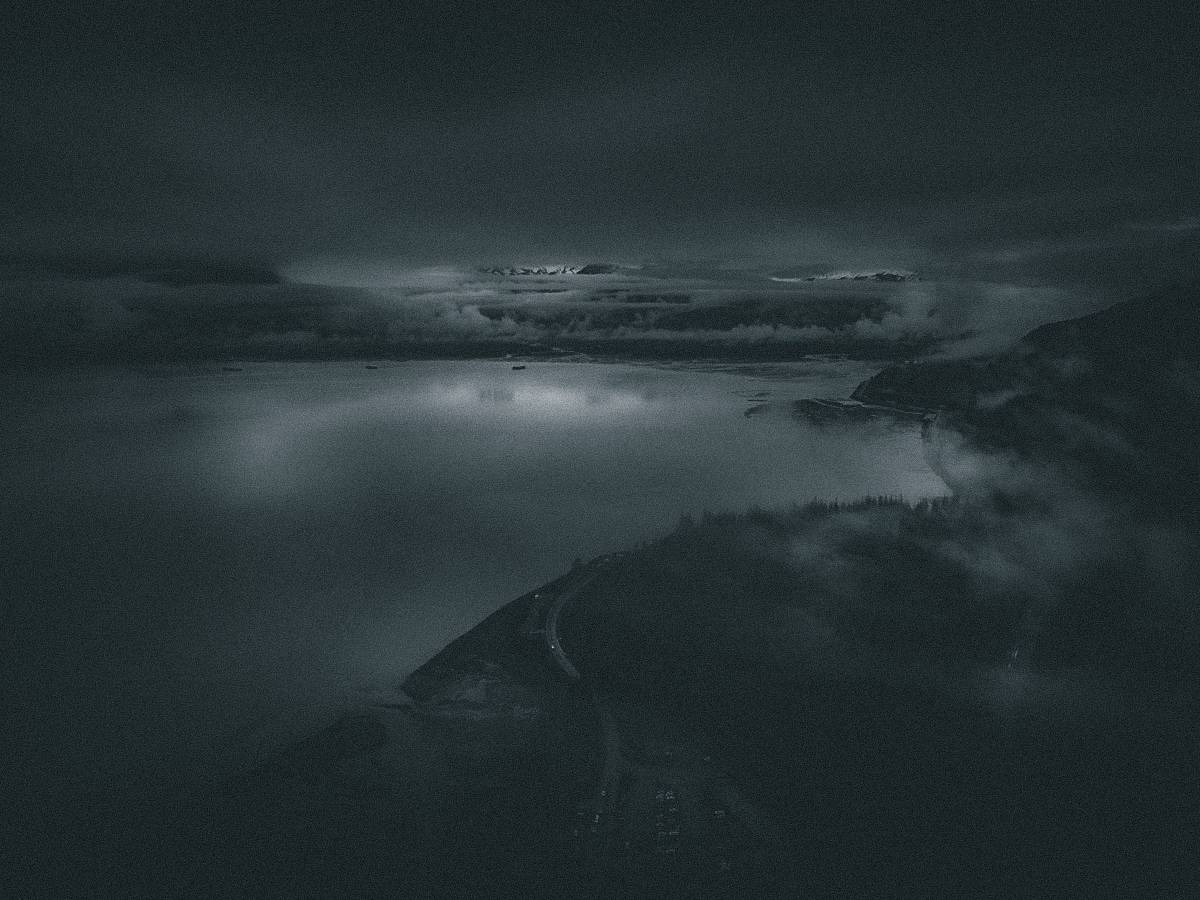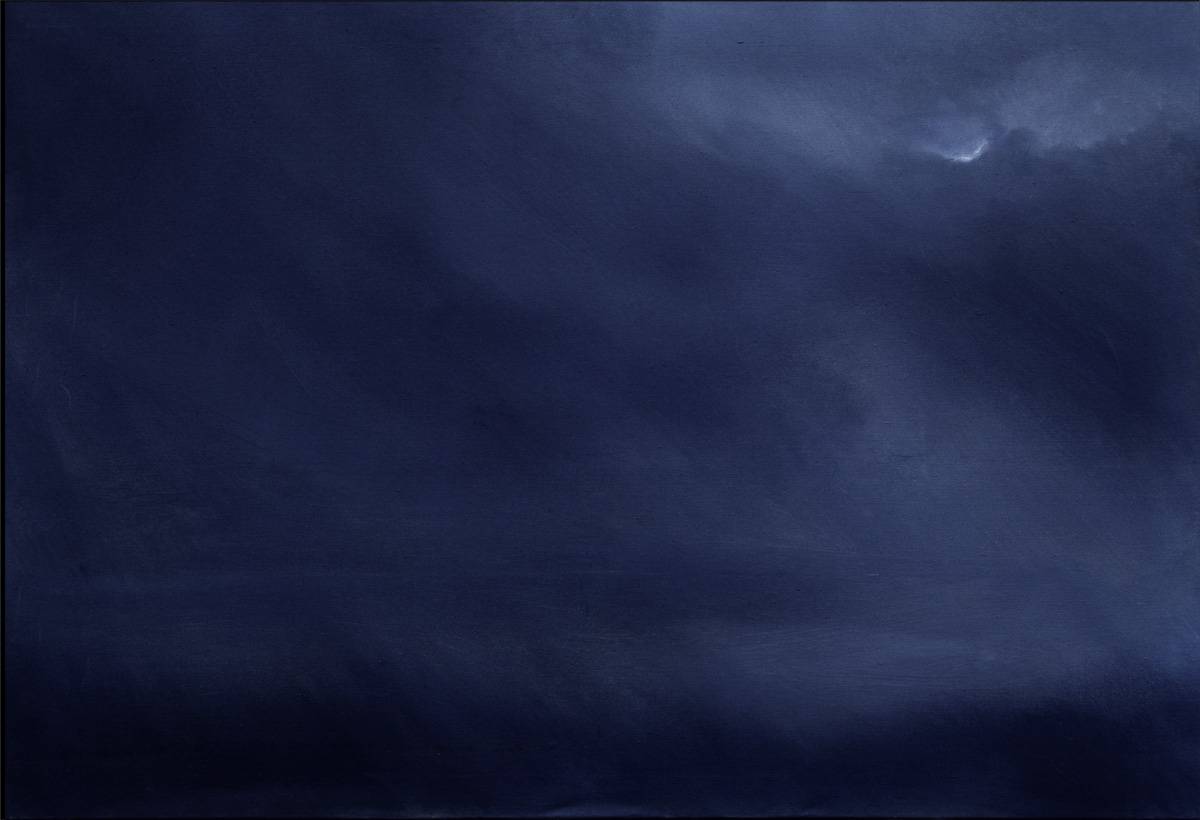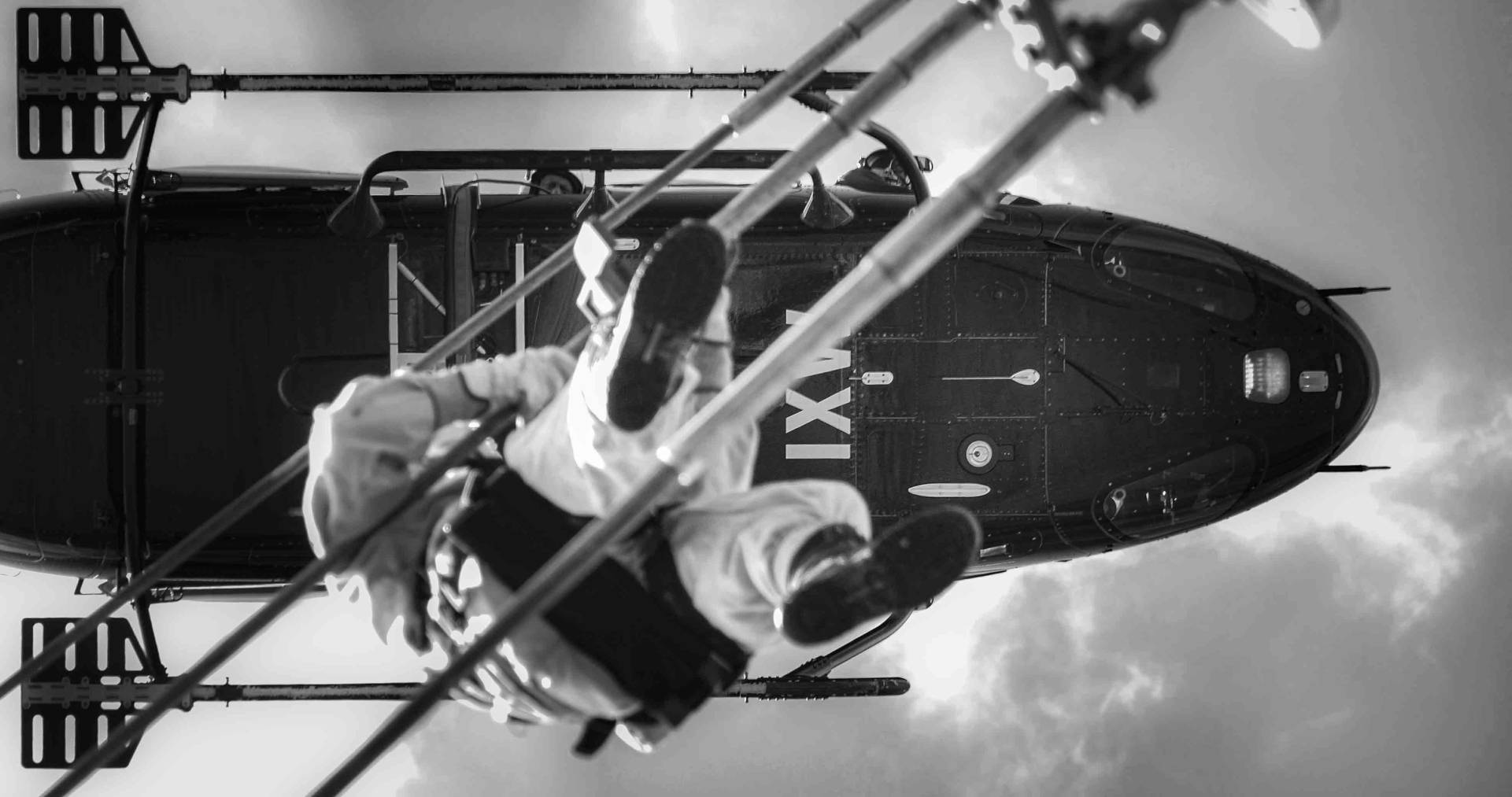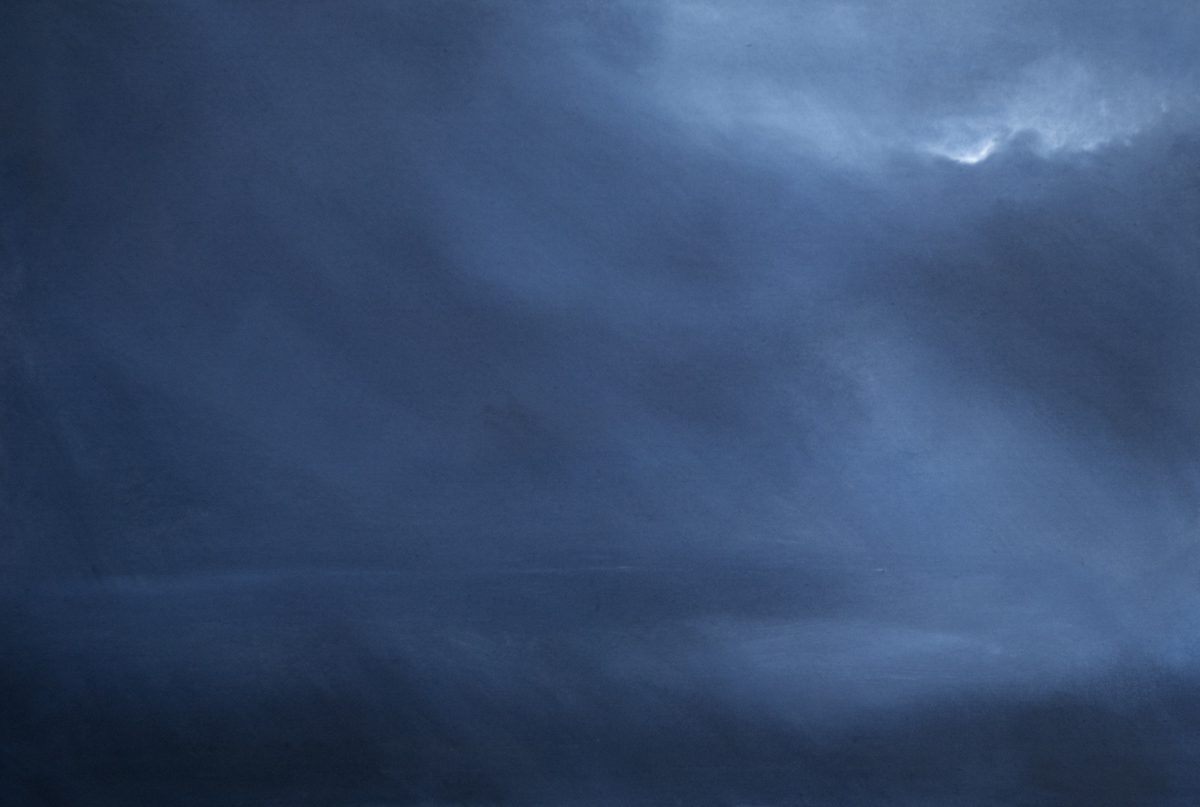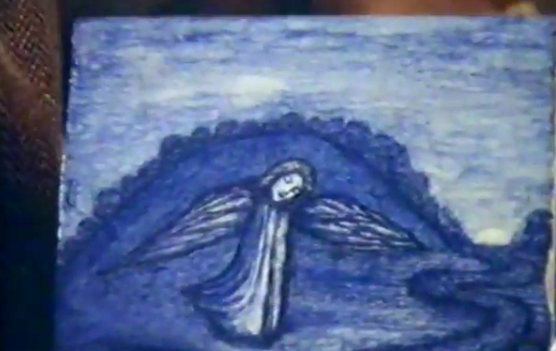Cecil Collins was one of visionary artists following Blake and Palmer. All his life he followed a lonely path outside the modern movement in art. Yet the significance of his vision is increasingly recognized, especially among young people. And a number of his pictures hang in the Tate Gallery. In 1973, Cecil Collins was commissioned to paint an altarpiece for the Chapel of St Clement in Chichester Cathedral.</p>
Full Transcript.
All the great coaches were based on the belief that what we contemplate we become.
When I was commissioned to paint this altarpiece, I was moved to paint an image of God that would unite all men. There arose in my mind this icon of divine night vision of the paradise in mortal love, the great happiness that is forever. The true purpose of art is to remember the paradise that we have forgotten. It says in the Gospels, the light shines in the darkness and the darkness.
Comprehensive not. Men love darkness rather than light. And this is the condemnation.
If our civilization is based on the vested interests of the ego from the biological man and from the psychological man. In my view, as an artist, it has no future at all. The atom bomb is the logical conclusion of such a civilization and across the sky, as the future is stretched, the wings of the Angel of Death, which says An angel says, Rudy, unite, wake up or perish.
Everything is in the mind, whether you see a tree or an angel. The mind is the clue to it. And with the mind you can see reality or you can see superficiality. If you see something deeper in life, you will find it's indescribable the deeper it is. And you were forced to use the language of analogy and the language of atmosphere and evocation, which is the language, the true language of the poet and the artist.
About three years ago, I painted a blue angel by a river, and the steam seems to remain with me and I painted several. And this is the latest done in our summer. And they're all about the same experience. A kind of experience that you get at midnight in a forest or on a hill. That stillness and this river that runs through the picture is the river that runs through my whole of my life, in my imagination, my childhood.
And it's a river that leads to the moon. It's a summer moon just rising in the night. And that beautiful magic you get in the summer moon, That stillness and the whole experience is condensed in one single image, which is the angel, the various angels. Angels of dawn. I painted angels that day. As a child, I used to wander in the woods at night.
So I knew what that stillness is like. So it's based on an actual experience. Always. The artist enables people to experience what they can't see themselves. See, I don't reckon the artist to be an extraordinary man. The artist is what is going on in everybody but focus to a point of intensity in the beginning of a painting. Usually the image makes us have known to me as a kind of atmosphere and general atmosphere which I carry around with me for some time, and it slowly condenses and becomes clearer.
But the real struggle comes with you when you meet the materials and the limitations women becomes and know how to relate to instruments and forms relationship with the nature of a brush. For example, with the nature of paint, what becomes resistance also becomes a kind of affection for them, a kind of friendship with a brush. And the more you have this relationship, the more I find the brush answers to you and collaborates with you as you go with it.
There's a weird relationship and that is rather wonderful. That experience of relationship with the instruments and with the paints and with the context is not what many people imagine. A kind of euphoria. It's very painful. It can even be boring, grinding when something is apparently nothing happening at all. It can like that's made to me, quite honestly. I think professional artist has an instinct to go right through it, an experience of kind of nothingness.
And lo and behold, then after that nothingness, there comes a kind of flowering. But my painting really is a response to the miracle, the wonder and the mystery of life. But which is I always say yes to something like it. It this little picture in particular seems to inspire a feeling of contemplation, meditation. I wonder how you feel about it hanging in an art gallery.
Not very easy, actually, but I've thought about that quite a lot. I'd rather have it hanging in the garden and in the gallery than not up at all. That it's one contribution, at least to civilization, which in general doesn't believe in angels. After all, when one thinks of it, there are not many churches. Now there's a commission, and this is a great problem.
Maybe it'll turn the art gallery into a church. I've never read any scripture or any philosophy that has satisfied my SO as regards ego as an answer is always a darkness and a big question mark. But there is a bigger mystery, a greater mystery than the of evil, which is a mystery of love. And this is about for me, it sums up the mystery of love, where you have some power entering this battlefield of the world and getting involved in it and becoming wounded by it, returning to the paradise from which it came to rest on its face, because this is learning to live with a vision is very difficult indeed.
But learning to live without a vision is worst. And I can look at people's faces and I see in every one the same vision. But in an age I'm awake and, you know, just before the war or just beginning the war, it was April, the summer afternoon and the light was coming through the trees onto a big bush and on every leaf with these drops of water.
And they were shining just like diamonds. And on top of this bush, there was a thrush singing. And I suddenly saw that the bush was the shape of the thrush. His song that the song and the form were one in the same thing. And that was for me, a moment of illumination, such as I had constantly in my childhood.
It was a moment of vision or this life for me. Is this vision what people call life? It doesn't interest me at all. I can't imagine just going through life eating and drinking and sleeping and living with it has tremendous implications in the sense that it's painful. You somehow can't speak about it to others. I feel I'm speaking for something that's in the human heart, in every human heart, and that gives me strange courage and strange certainty.
The fool is a very old image of direct perception like we had when you were a child. I experienced the form long before I could, with my rational mind, manifest some of the implications of it, because of course it's not necessary to understand in order to create. It's necessary to create, in order to understand it the other way around.
Our culture. Being at the end of a cycle is concerned with decay and fragmentation, and everybody understands decay because we're all in that state. But we have to be educated to understand what creativity really is, which is a restoration of the original perception of looking directly into life. I would be the fool. I'm with you, Angel. To try to restore this quality of direct perception is virginity, which is absent from our culture.
I think the health of the nation is dependent upon the quality of its childhood We have now. With computer education eroding in this period of childhood more and more. And I regard that as a very dangerous thing indeed, because childhood is the foundation of direct perception. We have today an education which you can sound with anything but that it is really a commercial education, concerned with careers, which means an education of how to manipulate and how to exploit experience for the years of profit or whatever you will.
And as creativity, it's all to do with relationship and life with each other. Nothing kills a relationship faster or poisons it than this whole idea of education for exploitation and manipulation. Our civilization has a very brilliant technological surface to it, but underneath there's an emptiness, a hollowness, and the deprivation of what a man of some soul has caused this great unspoken hell you see in a great coaches.
The universe was a kind of living being made by some superpower, and the art of life was to live in harmony with this. Then we developed this process knowledge, which we call science. It's a special mode of knowledge which is unable to judge who areas of human experience. I mean, it's no good telling people that universe is run by a lot of energies.
I mean, it means absolutely nothing at all because reality for us as human beings is what we can relate to. When you look at a tree or a person, you feel with them connection.
My definition of obscenity is to have contempt for human beings and treating people as objects. And this you can do in painting a rock. The most popular art today is a violent art. They are concerned with death and violence, decay. Films are full of it. If you contemplate perpetual violence, that is the world you become. What we lack today is the education to be able to contemplate images.
But I see the contemplative life, the life of pleasure, absolutely basic, what to do with it, trying to educate people in the consecrated life. This is the question More than half of the community in the future will be unemployed. They will have a terrifying measure which will either prove the saving of them all, the destruction of them. And that's why the image and music and the arts will play a great part, but only if their creative and not destructive and allow all the noises inside him to die down by themselves.
So you discover inner silence, which is a very cleansing thing to discover your state of virginity, the trinity of consciousness, which means you're able to look at experience fresh, may begin to begin. All creativity is a beginning to find that freshness again. But the trouble with us is we are stale all the time and condition and we're always looking at experience with a condition in mind how it ought to look.
So now we can discover this original freshness, this opportunity where the mirror of the mind is clean and clear. So we're able to be you. Are you without expectation, without wanting, without craving, without grasping, without information? Would you mind coming around, everybody? I think I can talk to you better sitting on the floor somewhere close to someone where you can listen to me or hear me rather.
Now, one of the big problems of studying, painting and drawing nowadays is that we are at the end of an epoch and the beginning of a new one, and there is therefore a great state of confusion. Everything is changing and in times of great change is a very good time for charlatans and phonies. The prolific today in the art world and it's interesting the people who promote it would never dream of taking that child was ill to an amateur surgeon or going on holiday with an amateur pilot.
That's because they take these things seriously, but they don't take painting seriously anymore drawing. So it's a free for all for everybody. For us, it's a voyage, as it were, to try and find again basic values, to find out what creativity really is about art. This question of relationship is especially acute in one's relationship with the instruments. If we take these instruments, we see that they each have got a nature, a peculiar their own, and the art of drawing is to think and feel in each the nature of each instrument, not make them do, which is something unnatural to me.
For example, take the question of speeds. This is the slowest instrument. It hates turning corners and hates articulation. It begins to spit and create all sorts of difficulties. Now these instruments are an extension of one's own body and one's own nature. They're part of one. Therefore, one has to consider one's own. Inner nature is very important too, because these are responding to what one feels inwardly on.
Sinks in really articulate the rest. All the rest. Some are very stiff, especially in the right hand, which is a feminine, flexible hand. Let it be more articulate. It changes starting, let it flow, don't stop. So it's one continuous flow. And so the drawings, as it were, flower they fly to the speed. It's the opposite of academic drawing where you copy.
These are kind of flowering out of the energy. I want to help my students discover themselves, their inner nature. And this approach doesn't go down well with the bureaucrats. If it wasn't for the support of the students, I'm sure I'd be out of a job. We have in us a deep, unconscious longing for the world of light. We all, each one of us, are haunted by the memory of a lost paradise.

